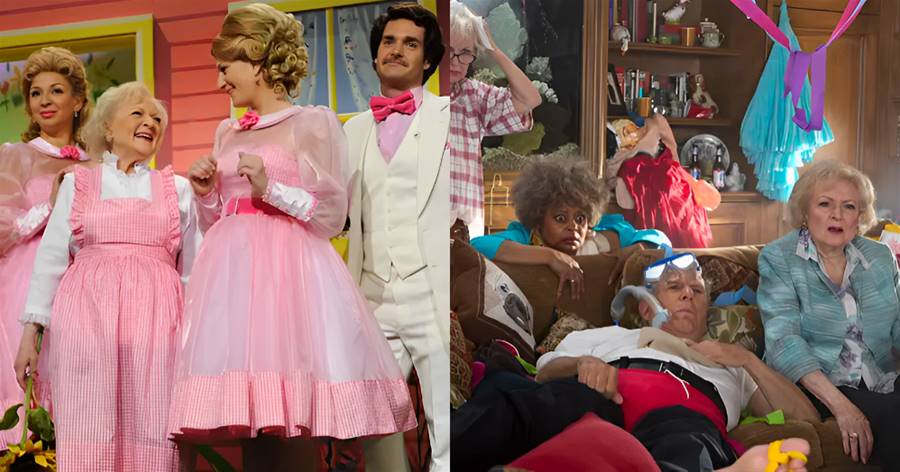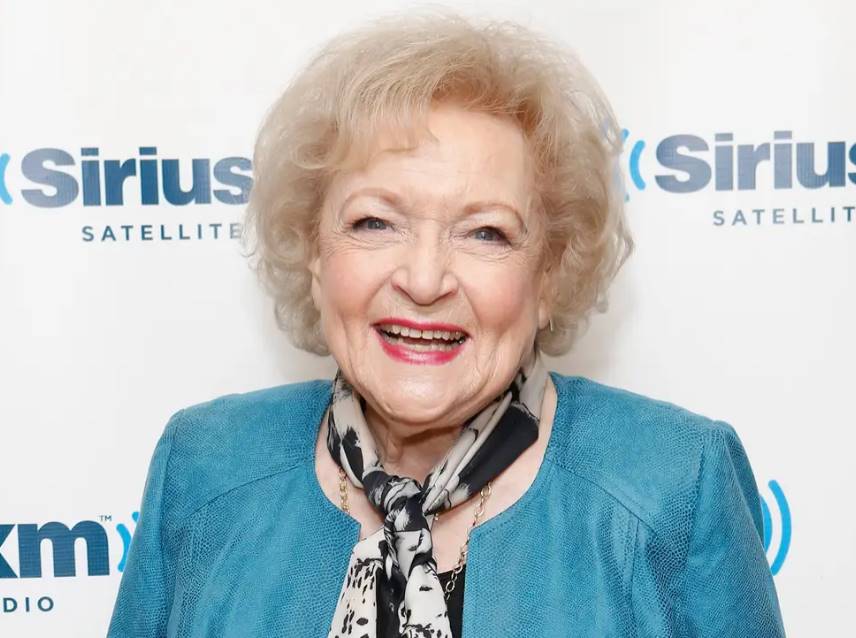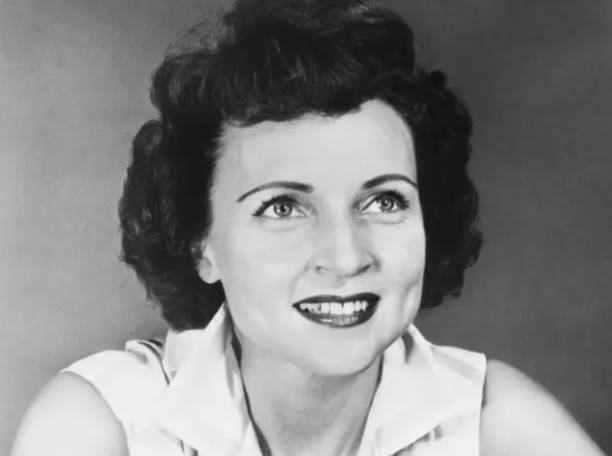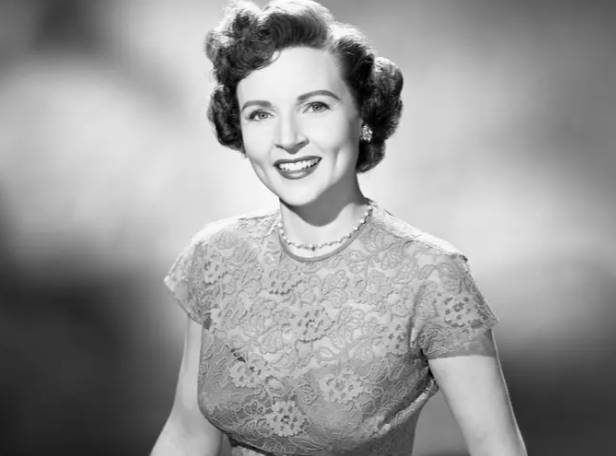



After , the US Army's official Twitter account paid tribute to the beloved actress for her military work.
The referred to White as a "true legend on and off the screen."
In a 2010 interview with Cleveland Magazine, White talked about driving a supplies truck to a barrack in the Hollywood Hills and attending dances with the troops before deployment, reported.
"It was a strange time and out of balance with everything, which I'm sure the young people are going through now. We'll never learn. We'll never learn," she told the outlet.

One of White's first acting gigs was for the variety series "Hollywood on Television," which helped her secure a Best Actress Emmy nomination in 1951.
Deadline reported that White decided to stay on the show after host Al Jarvis and his replacement Eddie Albert stepped away, making her one of her one of the first women to host a TV show solo.
In 1954, Betty White refused to stop featuring a Black tap dancer on her TV show despite complaints from viewers.
Betty White defended Arthur Duncan, a tap dancer who appeared on "The Betty White Show" during the 1950s, after some viewers complained about him being Black.
The two reunited in 2017 on an episode of Steve Harvey's "Little Big Shots: Forever Young," and Duncan recalled White's determination to include him on the show, People reported.
"I was on the show, and they had some letters out of Mississippi and elsewhere that some of the stations would not carry the show if I was permitted to stay on there," Duncan said. "Well, Betty wrote back and said, 'Needless to say, we used Arthur Duncan every opportunity we could.'"
Betty White later won two Emmy Awards for her work on the iconic series, "The Mary Tyler Moore Show."

White later won two Emmy Awards for Outstanding Continuing Performance by a Supporting Actress in a Comedy Series for her portrayal of Sue Ann Nivens on "The Mary Tyler Moore Show." She won the awards back-to-back in 1975 and 1976.
The role of Sue Ann Nivens was initially written for "a Betty White-type," but she landed the role after casting agents couldn't find a better fit. She made her debut during the show's fourth season.
Betty White became the first woman to win an Emmy Award for Outstanding Game Show Host in 1983.
